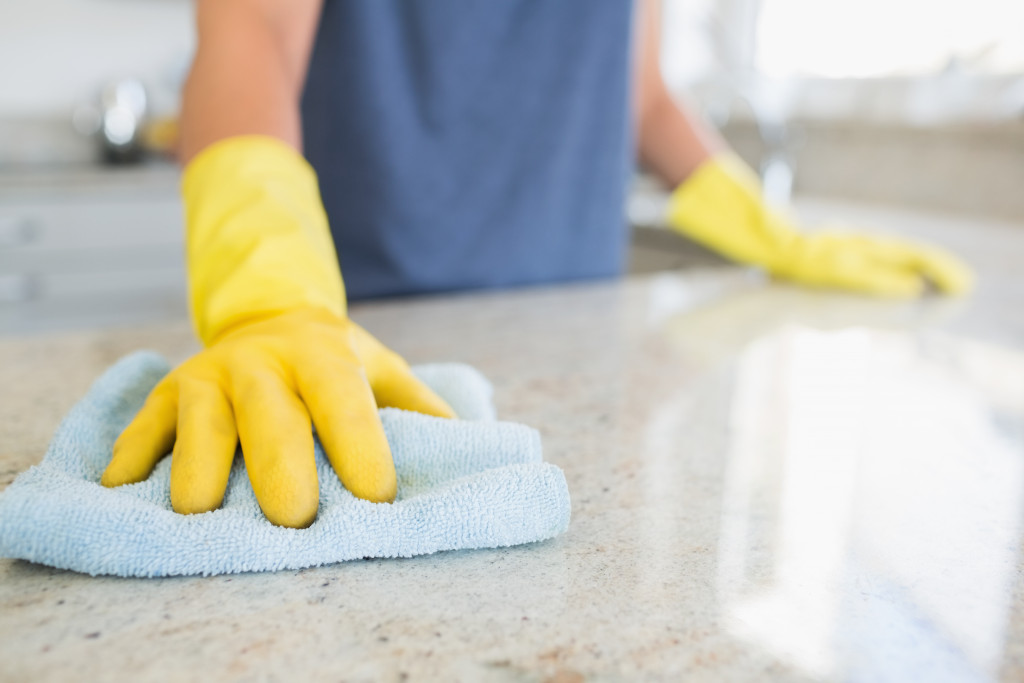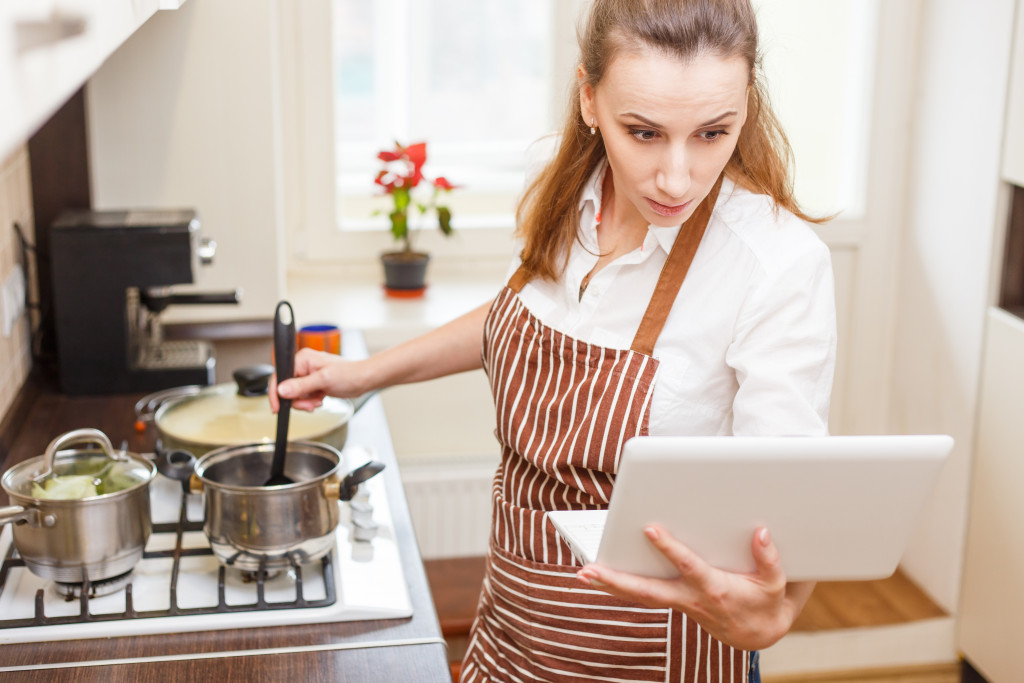Disclaimer: This website provides health information for educational purposes only and is not a substitute for professional medical advice, diagnosis, or treatment. Always seek the guidance of a qualified healthcare provider with any questions you may have.
Food preparation is one of the most critical aspects of food safety. Following safe food handling practices is essential when preparing food for yourself or others. According to the Centers for Disease Control and Prevention (CDC), foodborne illness is a significant public health concern in the United States. Each year, an estimated 48 million cases of foodborne illness, 128,000 hospitalizations, and 3,000 deaths.
You can do many things to prevent this, and they all have to do with being careful while preparing food. Here are some tips.
1. Wash your hands thoroughly and often.
Your hands carry a lot of bacteria, so washing them thoroughly and often is essential. It would be best to wash your hands before and after handling food, after using the restroom, and after coming into contact with anything you could contaminate. You want to use soap and warm water and scrub your hands for at least 20 seconds.
You can also invest in a reverse osmosis system for your home. This will remove contaminants from your water, making it safer for cooking, drinking, and cleaning. Especially if you have young children or are pregnant, this is a good investment. Depending on your needs, you can find an under-the-sink or whole-house system.
2. Avoid cross-contamination.
This is when bacteria are transferred from one food product to another. This can happen if you use the same cutting board for raw meat and vegetables or if you don’t properly clean your utensils in between uses. You can avoid cross-contamination by using separate cutting boards for raw meat and produce and by washing your utensils in hot, soapy water after each use.
Storing food properly is also essential. You should store raw meat, poultry, and seafood on the bottom shelf of the refrigerator, so they don’t drip onto other food. And make sure to wrap these items tightly so they don’t contaminate other foods with their juices. Put cooked food on a clean plate rather than on the same one with raw meat.
3. Cook food to the proper temperature.
Under-cooked food can be just as dangerous as contaminated food. Make sure to cook food properly, using a food thermometer. Depending on the food, the temperature will be different. For example, you should cook hamburgers to an internal temperature of 160 degrees Fahrenheit, and chicken should be cooked to an internal temperature of 165 degrees Fahrenheit.
When cooking food in the microwave, rotate and stir it so it cooks evenly. If you’re reheating food, make sure it’s steaming hot all the way through. And never taste food to see if it’s done – you could contaminate the whole batch.

4. Keep your kitchen clean.
A dirty kitchen is a breeding ground for bacteria. Make sure to clean up spills immediately and wash dishes, countertops, and cutting boards regularly. If you have a dishwasher, use hot water and detergent to kill bacteria.
You should also regularly clean your fridge, oven, microwave, and stovetop. At least once a week, it would be best if you wiped down the inside of your fridge with a solution of one tablespoon of bleach per gallon of water. And monthly, you should clean your oven with a heavy-duty cleaner, like Easy-Off. Deep cleaning your kitchen is essential, but you also want to keep up with daily cleaning to prevent bacteria from taking over.
5. Promptly refrigerate leftovers.
If you have food sitting out, it needs to go in the fridge fast. Bacteria can start growing on food within two hours, so you want to refrigerate it as soon as possible. If the food is above 40 degrees Fahrenheit, it must be refrigerated.
You should also make sure to eat leftovers within three to four days or freeze them for later. When reheating leftovers, ensure they reach an internal temperature of 165 degrees Fahrenheit. You can use a food thermometer to check or heat the food until it’s steaming hot all the way through.
6. Use safe food handling practices when you’re sick.
If you’re sick, there’s a chance you could contaminate food. You should avoid handling food if you have a fever, diarrhea, or vomiting. If you have a cut on your hand, cover it with a bandage. And always wash your hands thoroughly before and after handling food.
It’s also essential to keep your kitchen clean when you’re sick. Bacteria can spread quickly in a dirty environment, so do your regular cleaning, even if you’re not feeling up to it.
Following these tips will help you to keep your food safe and healthy. By taking these precautions, you can avoid foodborne illness and ensure that your food is delicious and nutritious. If you have any questions about food safety, please consult your local health department.




